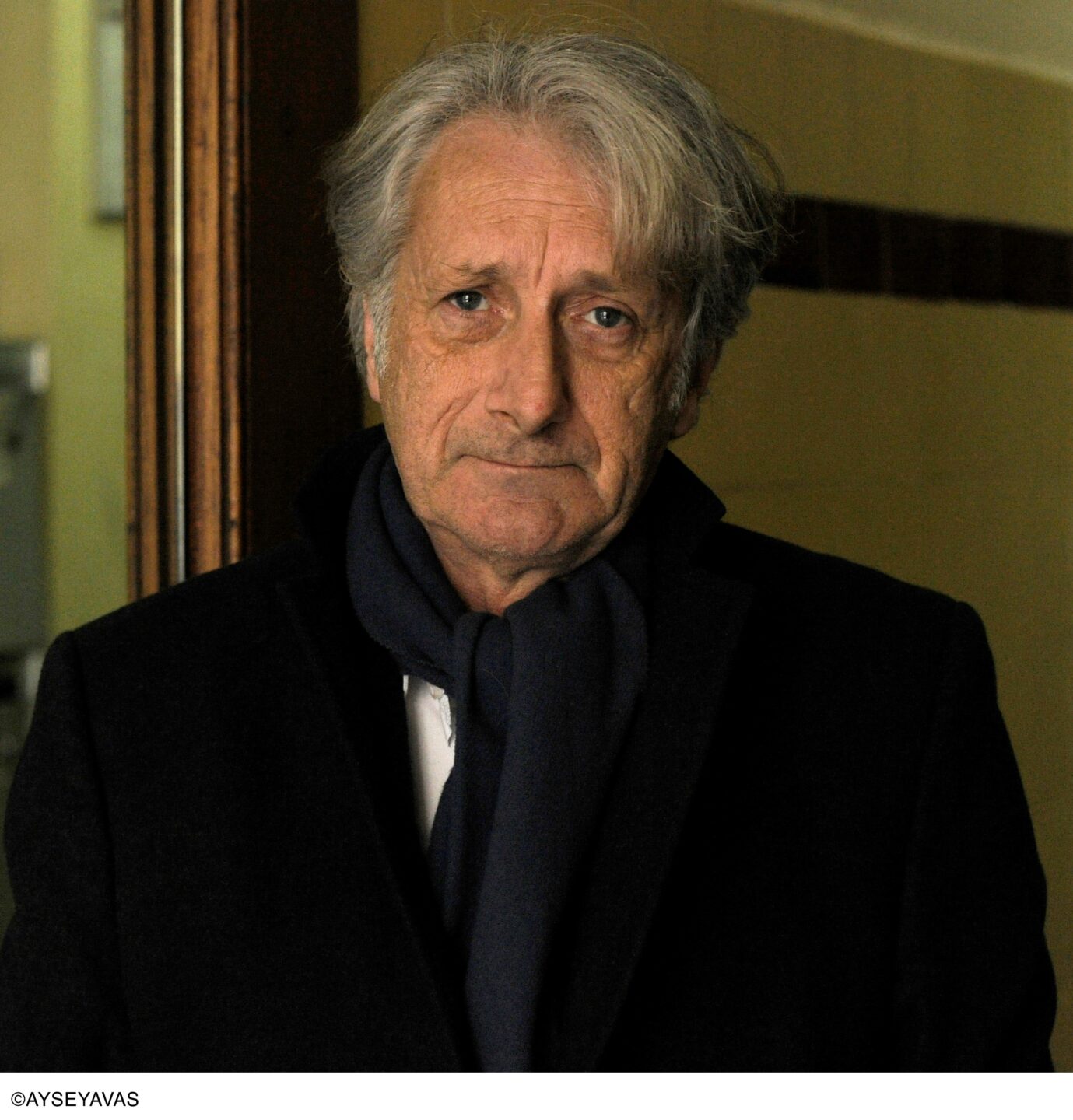
Patrick Deville
- France
- Zu Gast beim ilb: 2013
Patrick Deville was born in 1957 in Saint-Brévin. He studied Comparative Literature and Philosophy at the University of Nantes. After finishing his studies he became a cultural attaché in the Persian Gulf and two years later he travelled for longer periods of time to Algeria, Nigeria, Marocco, Cuba, Uruguay and Central America. After about seven years of living abroad he dedicated himself to writing and achieved recognition for his first work in Paris.
»Cordon-bleu« (1987) is the title of his debut novel. The novel is about the member of a secret international organisation named Balbus, who is obsessed with order and hierarchy. The narrative transports the reader through the subtle charm of the dandering Balbus. From 2004 onwards the »tradition devilienne« develops, which marks the second half of his oeuvre. In most of these later works, Deville contemplates the evolution of world history by restoring to life historical personalities and fictionalising their personal wanderings against the background of history and politics. »Pura Vida« (2004) is his first work in this tradition. The novel deals with the life and times of William Walker, who attempted to conquer several Central American states in the mid-19th Century. »Equatoria« (2009) rediscovers the collapse of dictatorships, chaos and mass murders, by following the traces of Savorgnan de Brazza. Continuing along the great rivers the author retraces the fates of the great discoverers, Brazza and Stanley, as well as Schweitzer, Savimbi and Livingstone. Two years later, Deville treats his readers to another journey of discovery, this time along the Mékong in »Kampuchéa« (2011). This novel was nominated the best French novel of the year by the editors of »Lire« magazine. »Peste et Choléra« (2012) is Deville’s latest work. In an extensive and virtuous manner Deville follows the traces of the young scientific researcher, Alexandre Yersin, on his journey to Asia, where he becomes a sailor. Later, as a researcher in Hong Kong in 1894 and away from the war, he discovers the bacillus of the plague. In order to narrate this grandiose adventure of science and humanity, Deville studied letters and various documents kept at the Institute Louis Pasteur. Deville’s novels incorporate a broad array of literary genres, including biographies, historical reports, letters and travel notes. The dominant theme in his works in the interplay of history and the present age, the lives of the great discoverers of yesteryear and today’s castaways.
»Peste et Choléra« was awarded the Prix du roman Fnac, the Prix Femina 2012 and the Prix des prix littéraires 2012. In 1996 Deville founded the »prix de la jeune littérature latino-américaine« (Prize for young latin-american literature) and the magazine »Meet« (Maison des écrivains étrangers et des traducteurs) in Saint-Nazaire, where until today he is the chief editor.
Cordon-bleu, éditions de Minuit, Paris, 1987.
Pura vida, éditions du Seuil, Paris, 2004.
Pura Vida, Haymon Verlag, Innsbruck, 2009. (Ü: Holger Fock)
Equatoria, éditions du Seuil, Paris, 2009.
Äquatoria, Bilgerverlag, Zürich, 2013. (Ü: Holger Fock, Sabine Müller)
Kampuchéa, éditions du Seuil, Paris, 2011.
Peste et Choléra, éditions du Seuil, Paris 2012.
Pest und Cholera, Bilgerverlag, Zürich, 2013. (Ü: Holger Fock, Sabine Müller)
